ASK AN EXPERT
Have a burning question of your own? Submit your question below and one of our experts will get back to you.
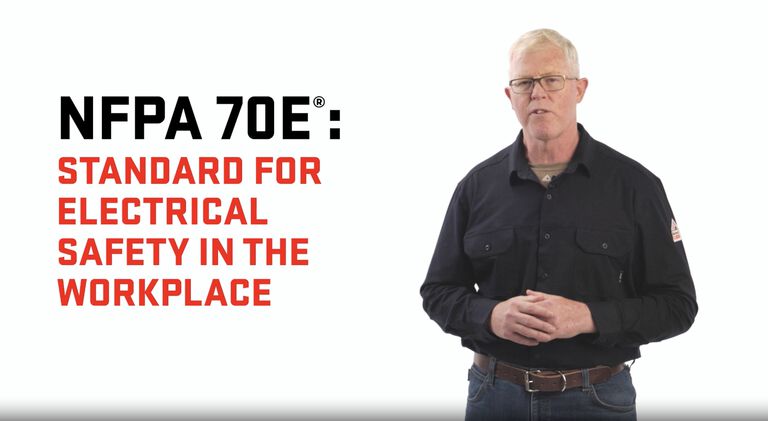 Ask An Expert
Ask An Expert
70E Made 70 Easy
More and more General Industry safety managers are looking to get their teams who work on energized electric systems into arc-rated protection. So, we took the extra effort to film a deep dive into the relevant standard, NFPA® 70E. Follow our Sr. Technical Training Manager, Derek Sang, as he covers it all, from what to who to how—and even the “why” of choosing a daily wear approach.
Read More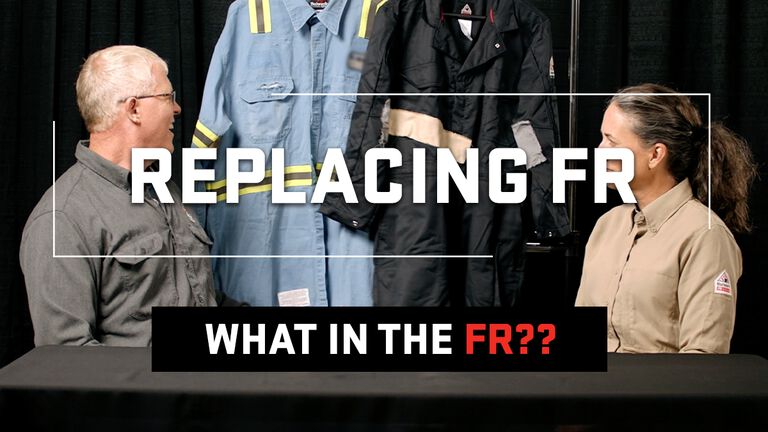 Ask An Expert
Ask An Expert
Replacing FR
This episode of “What In The FR??” tackles when to make the call to replace worn-out or downright damaged FR — with a couple “what in the world were they thinking?” examples of what NOT to do.
Read More - Staying Compliant.jpg?sw=768&sfrm=png) Ask An Expert
Ask An Expert
Staying Compliant
This episode of our “What in the FR??” series covers garment compliance. Check out the adjustments and alterations workers make, still believing they’re prepared for a fire hazard. Spoiler alert: they aren’t. But have no fear! Derek and Allison are here to turn W-T-F no-nos into simple, A-B-C yeah-yeahs.
Read More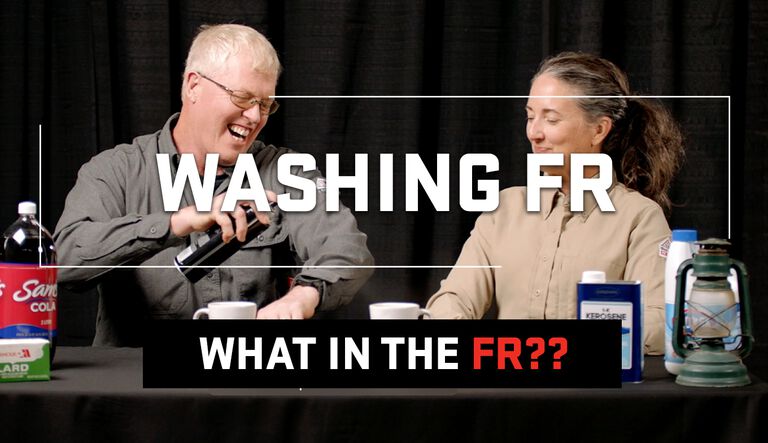 Ask An Expert
Ask An Expert
Washing FR
This episode of our “What In The FR??” series covers outlandish ways workers clean and wash their FR. Resident FR experts Derek Sang and Allison Bloodworth explain how to properly care for your FR garments and why things like kerosene and hairspray can lead to disaster.
Read More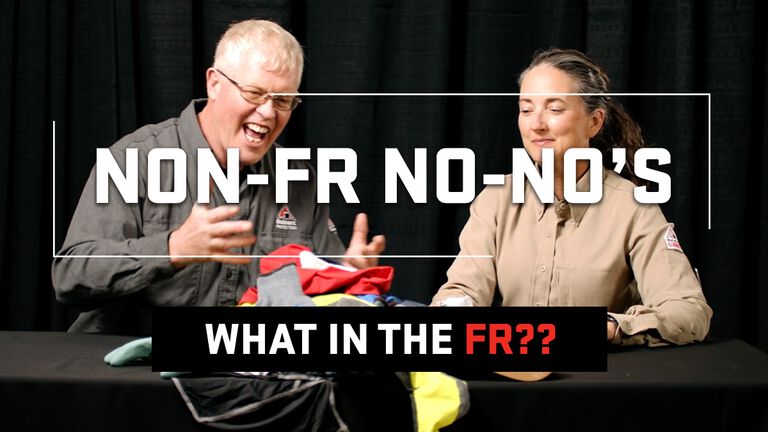 Ask An Expert
Ask An Expert
Non-FR No No’s
This installment of our “What In The FR??” series tackles why non-FR garments are a no-no. Our two FR experts, Derek Sang and Allison Bloodworth, cover the wackier things we’ve heard—like adding flammable accessories to FR garments!—and explain how to avoid them.
Read More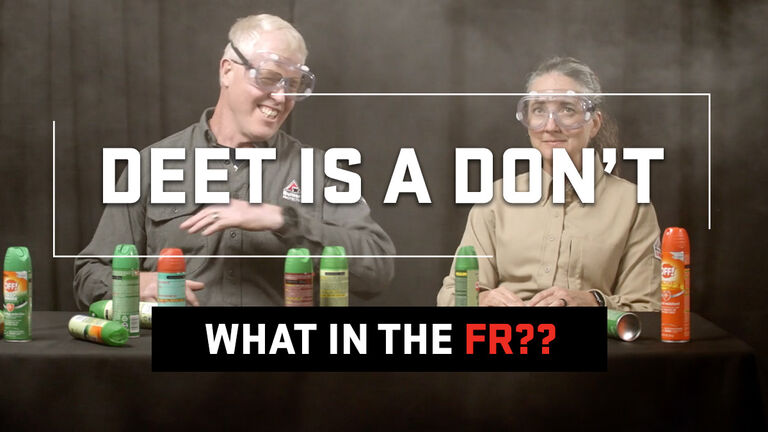 Ask An Expert
Ask An Expert
DEET IS A DON’T
DEET debuts in our new video series called “What In The FR??” Two of our FR experts, Derek and Allison, cover the wackiest ways we’ve heard in FR—like using DEET. Watch them explain what workers can do instead to stay safe and compliant.
Read More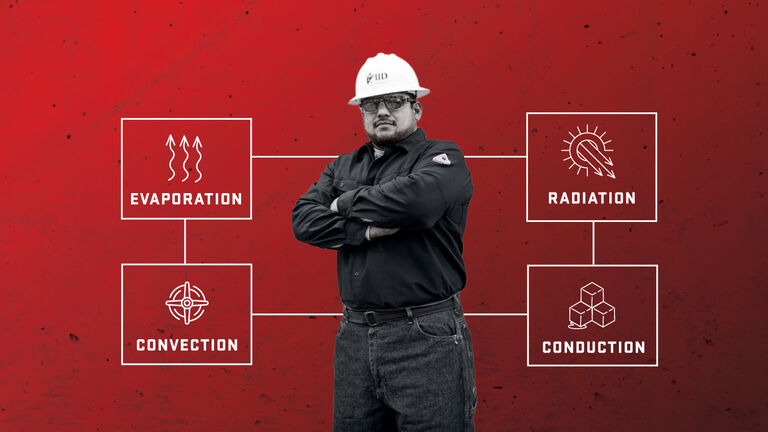 Ask An Expert
Ask An Expert
The Mechanisms Between Heat and Cold Stress
Our bodies are continuously working to maintain homeostasis in regard to our core temperature, which is approximately 98.6 degrees. However, when outside temperatures rise, our bodies can overheat, and the excess must be released to avoid heat-related illness.
Read More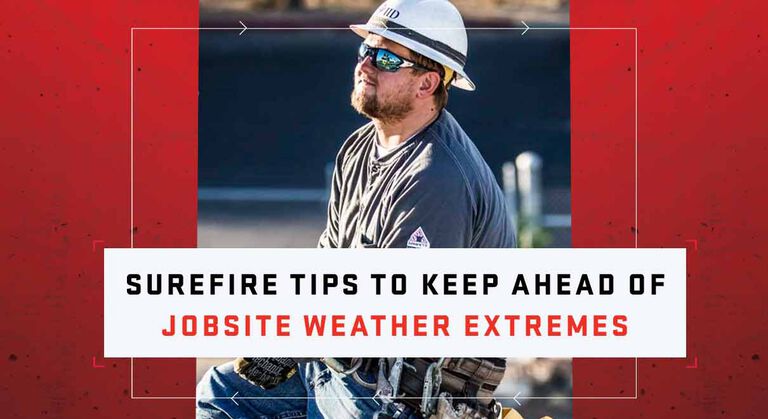 Ask An Expert
Ask An Expert
Jobsite Best Practices For Mitigating Heat and Cold Stress
There’s no single magic bullet for simultaneously protecting workers from arc flash and flash fire hazards as well the risks of heat and cold stress. PPE alone is not enough, and neither are weather-related engineering controls. However, when combined, and with proper education, you can have quite an effective solution.
Read More Ask An Expert
Ask An Expert
Choosing FR/AR Garments to Keep Workers Warm
Employers and safety managers have long looked to flame-resistant (FR) and arc-rated (AR) garments to help protect workers from injury due to flash fire and arc flash. Because these garments are designed using specially engineered, self-extinguishing fabrics and are certified to rigorous testing standards, they can help prevent or lessen the severity of injury.
Read More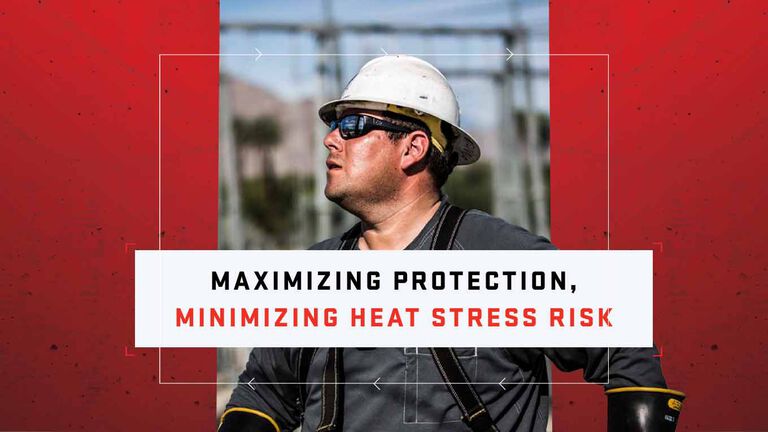 Ask An Expert
Ask An Expert
Choosing FR/AR Garments to Keep Workers Cool
Employers and safety managers have long looked to flame-resistant (FR) and arc-rated (AR) garments to help protect workers from injury due to flash fire and arc flash.
Read More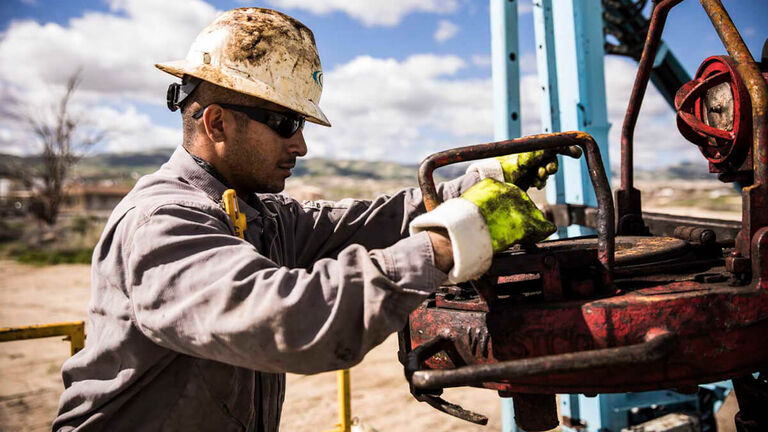 Ask An Expert
Ask An Expert
How Do You Stay Compliant in Hot Weather?
Our FR safety expert Derek Sang explains how layering when it’s hot can help wearers stay cool and compliant. With light layers, you can mimic your body’s natural cooling process and maintain your safety. Learn more about the various reasons why layering can be an effective way to beat the heat while following FR guidelines.
Read More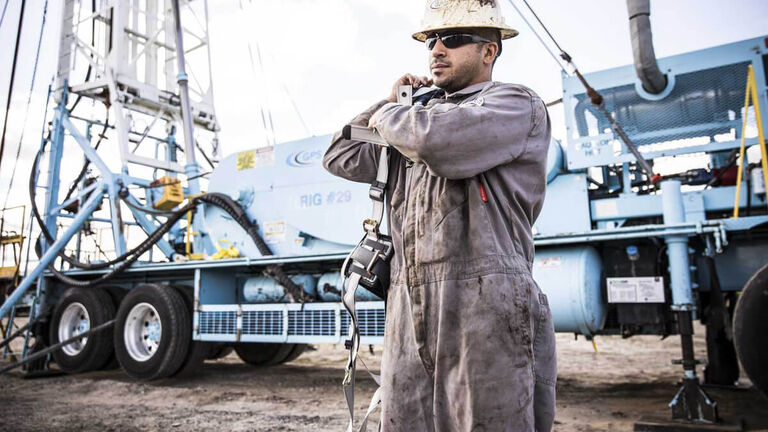 Ask An Expert
Ask An Expert
Can You Put A Price On Compliant FR?
In the long run, high quality FR is a more economical choice and saves you the time of replacing lower-cost products. Bulwark’s FR safety expert Derek Sang explains why pricing is an important factor in your FR selection process.
Read More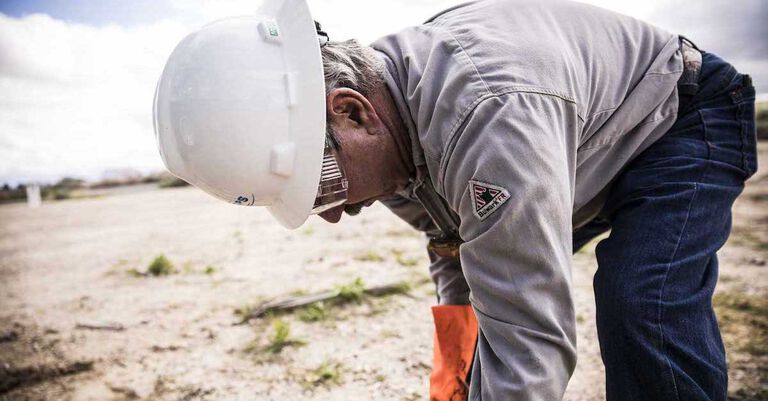 Ask An Expert
Ask An Expert
What's Wrong with Task-based FR?
In short, you should wear your FR/AR all day, every day.
Read More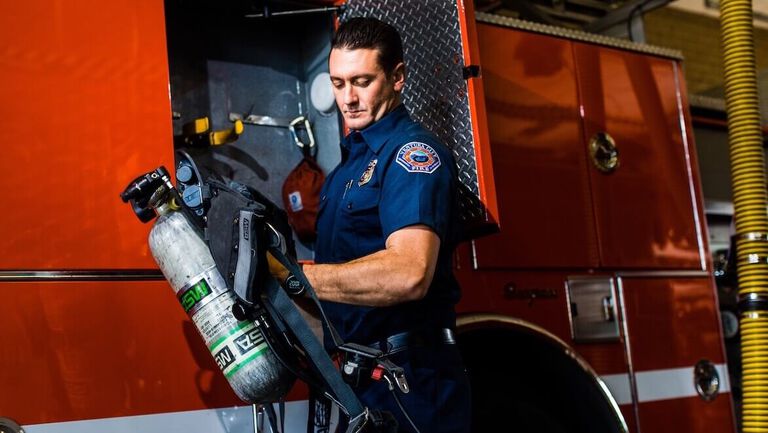 Ask An Expert
Ask An Expert
Firefighters: Is your station wear helping or potentially hurting you?
Bulwark Protection’s Technical Training Manager Derek Sang discusses why firefighters might think wearing polyesters as day-to-day station wear is no big deal—but how misguided that notion can be.
Read More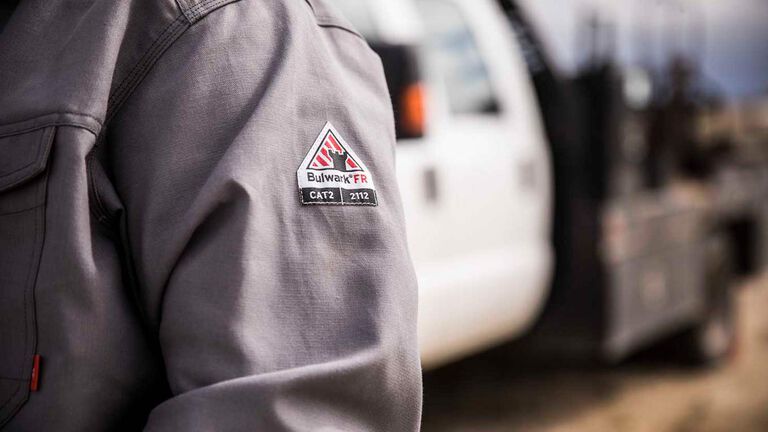 Ask An Expert
Ask An Expert
How do you calculate the total Arc Rating of your FR garments when wearing
A: Adding the Arc Ratings of individual garments is not permitted. In order to determine the layered Arc Rating of our products we send them to an independent test laboratory.
Read More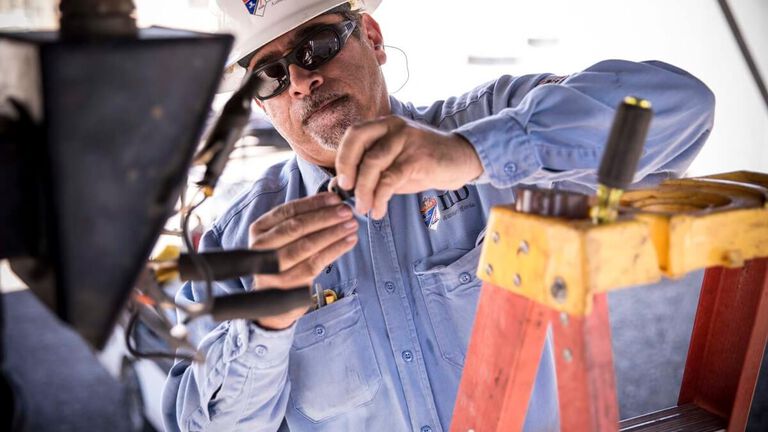 Ask An Expert
Ask An Expert
What are the basics of AR clothing for NFPA® 70E?
NFPA® 70E just released its 2021 edition and Bulwark Protection’s Technical Training Manager Derek Sang covers highlights from the new edition and best practices.
Read More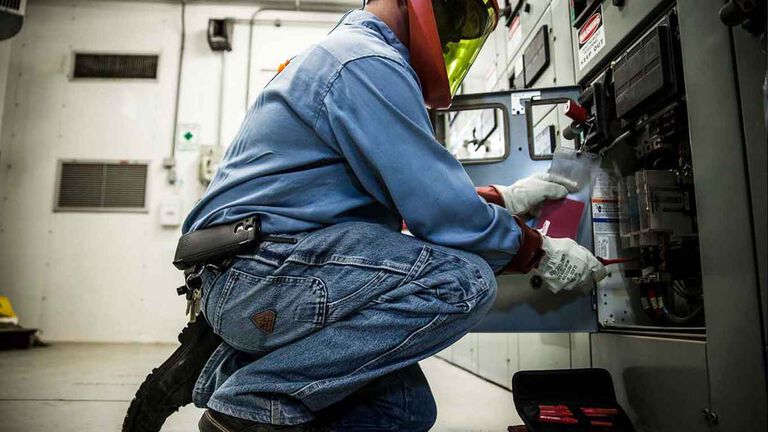 Ask An Expert
Ask An Expert
KEMA Arc Flash Project
In 2019, our resident FR/AR expert Derek Sang conducted the first-ever Bulwark 201 training seminar focused exclusively on the arc flash hazard. The highlight of that training was the opportunity to conduct live arc flash demonstrations at the KEMA High Voltage Laboratory.
Read More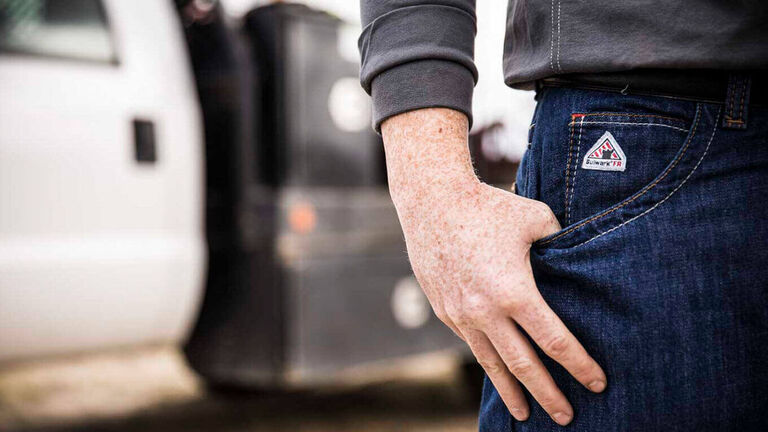 Ask An Expert
Ask An Expert
Do the FR properties wear out of my FR clothing?
A: In short: the answer is no.
Read More Ask An Expert
Ask An Expert
Swatch Kit 101
Chemical testing methodology for Bulwark CP's Swatch Kit.
Read More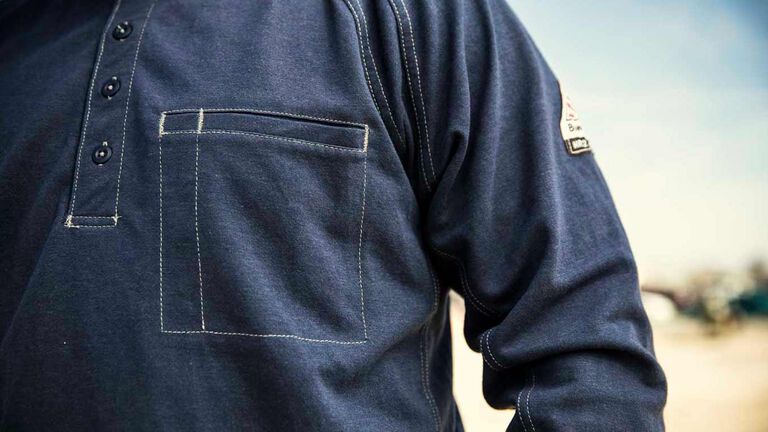 Ask An Expert
Ask An Expert
What is the difference between Inherent and Treated FR?
A: Inherently flame resistant fabrics are engineered to be flame-resistant at the fiber level, and do not require any additional finishing. Treated fabrics undergo a chemical process to impart FR properties.
Read More Ask An Expert
Ask An Expert
What is a Hazard Risk Assessment?
A: It’s the first step in the creation of any PPE program. Federal regulations require employers to assess the workplace to determine if hazards that require the use of personal protective equipment are present or are likely to be present
Read More Ask An Expert
Ask An Expert
What is the difference between NFPA® 2112 and 2113?
A: In short: NFPA® 2112 is the standard for manufacturers that specifices garment performance requirements. NFPA® 2113 is the standard for safety professionals that explains the hazard assessment, garment selection, care, and maintenance.
Read More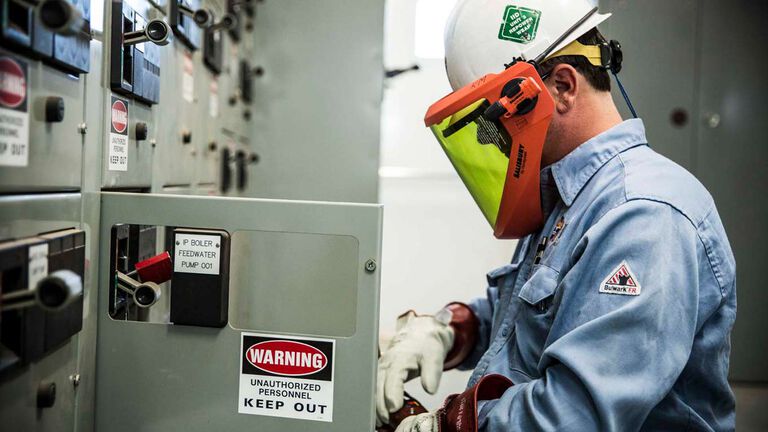 Ask An Expert
Ask An Expert
Know Your Hazards
A: A flash fire is a rapid moving flame front that can be caused by a diffuse fuel, such as dust, gas, or the vapors of an ignitable liquid, without the production of damaging pressure.
Read More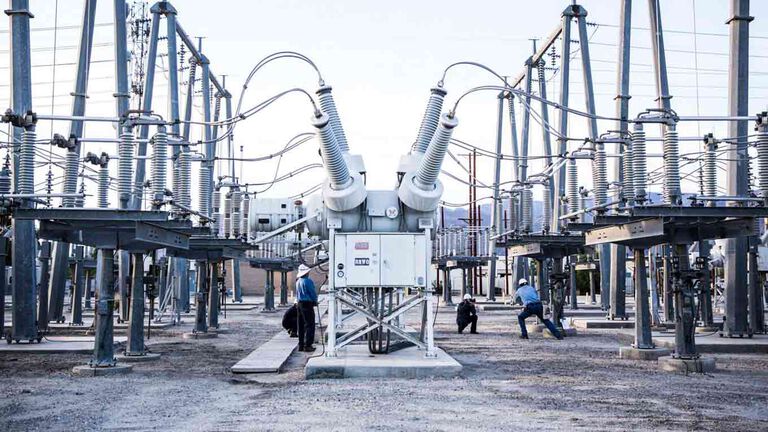 Ask An Expert
Ask An Expert
What is ATPV, and how is it used in your hazard assessment?
A: ATPV stands for Arc Thermal Performance Value, it measures the amount of incident energy that your FR garment can protect you from before the onset of a 2nd degree burn. A: In short: all AR is FR but not all FR is AR
Read More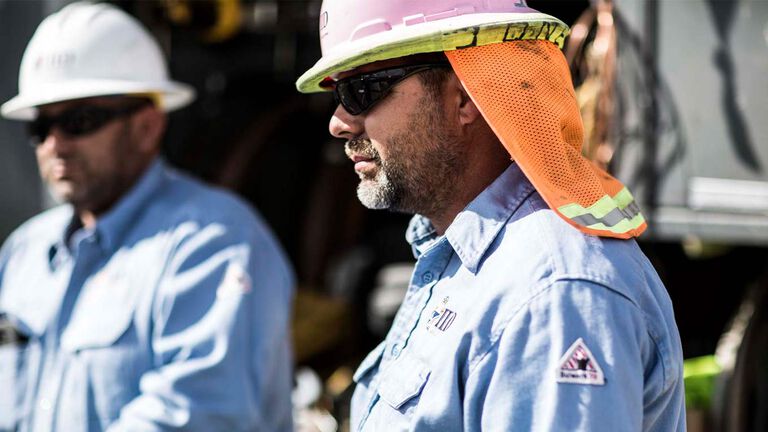 Ask An Expert
Ask An Expert
Is DEET Flammable?
A: Yes. DEET is HIGHLY flammable. Any flame resistant clothing sprayed with it has the potential to ignite and continue to burn if exposed to an ignition hazard.
Read More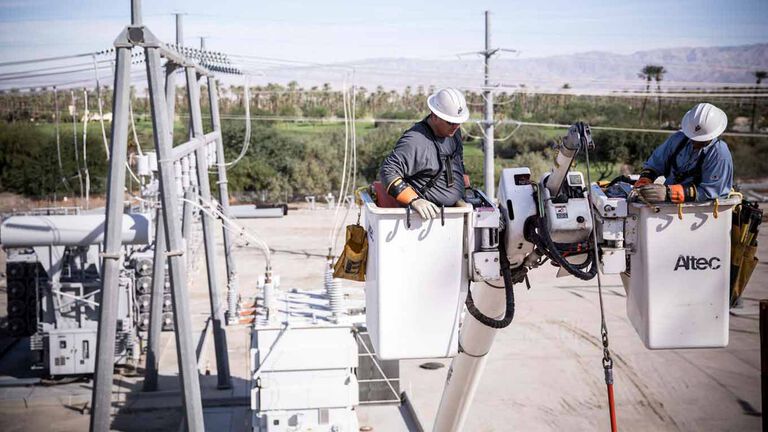 Ask An Expert
Ask An Expert
What’s the difference between FR & AR?
A: In short: all AR is FR but not all FR is AR.
Read More